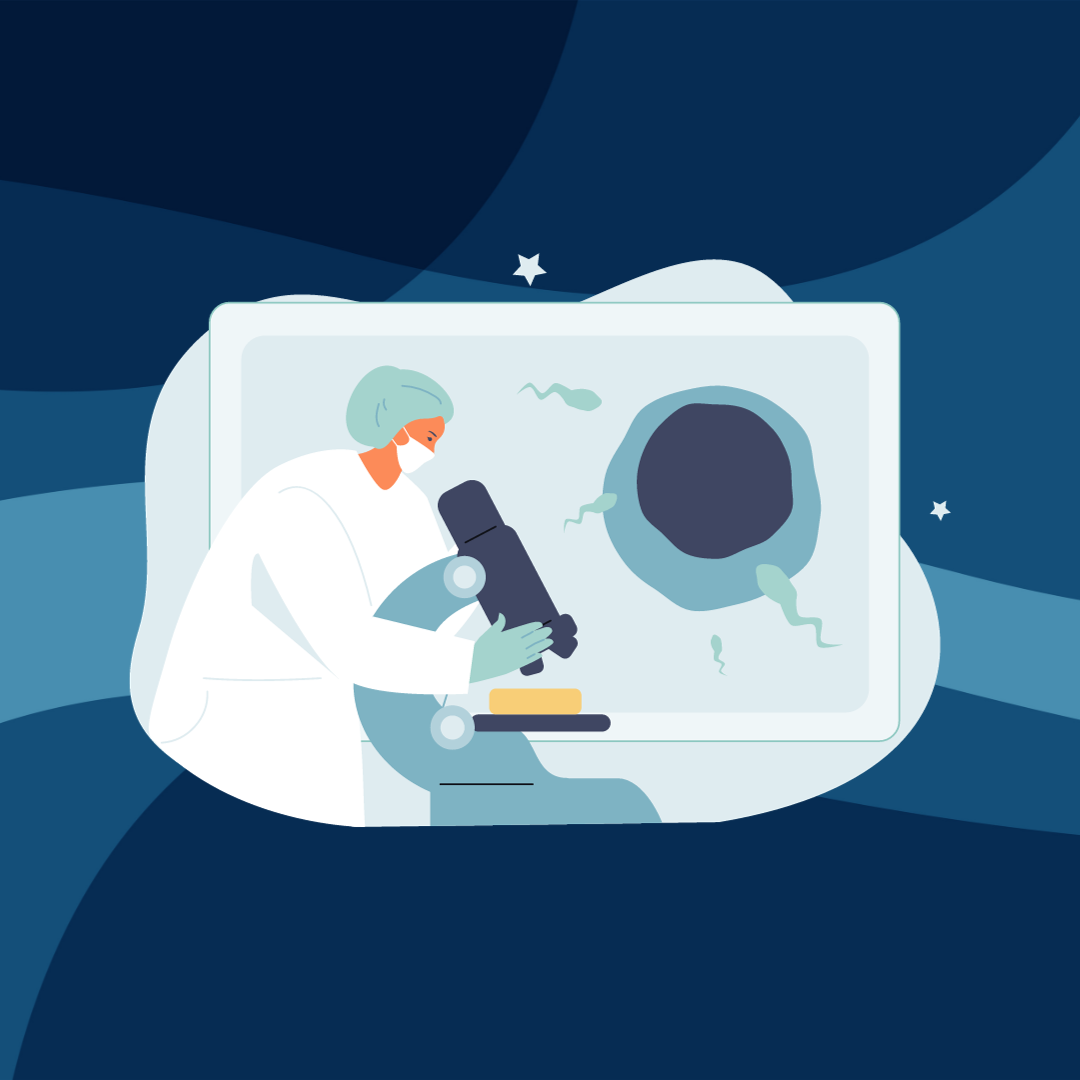Aggregated News

Last week, the Alabama Supreme Court called frozen embryos created via in vitro fertilization (IVF) “extrauterine children” and referred to the cryotanks where they are stored as “cryogenic nurser(ies).” The Court sided with couples who claim the accidental destruction of frozen embryos created through IVF and cryopreserved ought to be treated equally to the death of a child.
The case, LePage v. Center for Reproductive Medicine, involves plaintiffs seeking punitive damages from an Alabama fertility clinic for the “wrongful death” of their embryos that were destroyed when a patient in the hospital where they were stored removed them from the cryotank. While the lower Alabama Courts concluded that the cryopreserved embryos were not a person or child under the state’s law, the Alabama Supreme Court disagreed and held that the state’s Wrongful Death of a Minor Act “applies to all unborn children, regardless of their location,” and that the plaintiff’s wrongful death claims could proceed.
Thoughtful scholars have argued that existing state laws do not sufficiently redress mistakes and accidents that occur in the process of fertility care, pregnancy...



